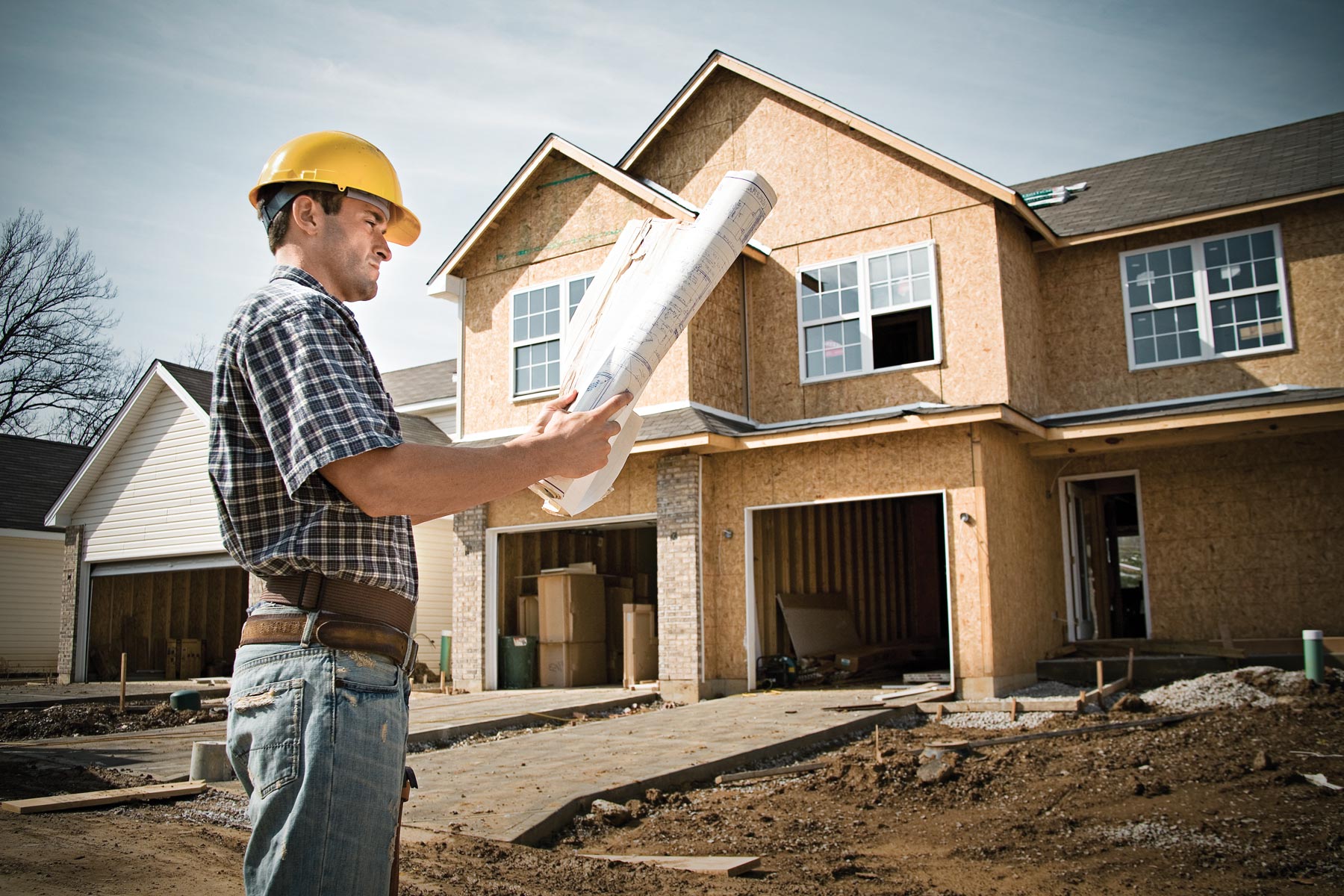
Image Source: Google
Building a home that is eco-friendly and sustainable is becoming increasingly important in today's world. With a growing focus on environmental conservation and reducing our carbon footprint, many homeowners and builders are turning to sustainable materials for construction. In this article, we will explore some of the sustainable materials that can be used for eco-friendly home construction.
The Benefits of Using Sustainable Materials
Before delving into the types of sustainable materials available, it's important to understand the benefits they offer:
- Reduced environmental impact
- Energy efficiency
- Improved indoor air quality
- Durability and longevity
- Enhanced aesthetics
Types of Sustainable Materials
Bamboo
Bamboo is a rapidly renewable resource that can be used for various applications in home construction. Some benefits of using bamboo include:
- Strong and durable
- Regrows quickly compared to traditional timber
- Low maintenance
- Biodegradable
Recycled Steel
Using recycled steel in home construction helps in reducing the energy required for production and minimizes waste. Some advantages of recycled steel include:
- Durable and long-lasting
- Resistant to pests and mold
- Recyclable at the end of its life cycle
- Strength and stability for structural elements
Reclaimed Wood
Reclaimed wood is sourced from old buildings, barns, or other structures and repurposed for new construction projects. Benefits of using reclaimed wood include:
- Unique character and history
- Strength and durability
- Reduces demand for new timber
- Can be sourced locally
Green Insulation Materials
Insulation is essential for maintaining a comfortable indoor environment and reducing energy consumption. Consider using the following green insulation materials:
Cotton Insulation
Cotton insulation is made from recycled denim and is a safe and eco-friendly option for insulating homes. Some advantages of cotton insulation include:
- Non-toxic and safe for installation
- Effective in controlling temperature and sound
- Repels pests such as rodents and insects
- Recyclable and biodegradable
Cellulose Insulation
Cellulose insulation is made from recycled paper and cardboard and offers excellent thermal performance. Benefits of cellulose insulation include:
- Fire-resistant and mold-resistant
- Energy-efficient and cost-effective
- Reduces carbon footprint
- Recycled content reduces landfill waste
Sustainable Flooring Options
The flooring in a home can have a significant impact on its overall sustainability. Consider the following eco-friendly flooring options:
Bamboo Flooring
Bamboo flooring is a popular choice for eco-conscious homeowners due to its sustainability and durability. Benefits of bamboo flooring include:
- Rapidly renewable resource
- Harder than many hardwoods
- Easy to maintain and long-lasting
- Available in various styles and finishes
Cork Flooring
Cork flooring is made from the bark of cork oak trees and is a sustainable option for eco-friendly homes. Advantages of cork flooring include:
- Naturally resistant to mold and mildew
- Soft and comfortable underfoot
- Provides thermal insulation
- Renewable and biodegradable